Where to Place Security Cameras Outside Home in Washington? A Complete Homeowner’s Guide
If you are wondering where to place security cameras outside home, you are not alone. Homeowners across Washington are investing in surveillance systems, but many are unsure about the right placement. Rising property crime, porch piracy, and vehicle break ins have made outdoor security cameras a practical necessity. However, simply buying high quality cameras is not enough. Placement determines whether your system truly protects your home or leaves dangerous blind spots.
At Oatridge Security Group (OSG), we help Washington homeowners design and install strategic surveillance systems that work in real world conditions. This guide explains exactly where to place security cameras outside home for maximum protection, based on proven security principles and local considerations.
Why Proper Outdoor Camera Placement Matters for Washington Homes
Security cameras are not decorative devices. They are investigative tools and deterrents. Poor placement can reduce clarity, miss faces, or fail to capture key evidence.
Crime Trends in Washington Neighborhoods
Across cities like Tacoma, Seattle, Bellevue, and Kent, homeowners commonly face:
-
Porch piracy and package theft
-
Vehicle prowling in driveways
-
Garage break ins
-
Backyard and side door entry attempts
Most intruders do not use dramatic forced entry. They look for weak spots, dark areas, or unmonitored access points.
Common Mistakes Homeowners Make
Many homeowners attempt DIY placement and unknowingly reduce effectiveness. Common mistakes include:
-
Cameras mounted too high or too low
-
Glare from direct sunlight
-
Poor night lighting alignment
-
Ignoring side yards and blind spots
-
Failing to understand Washington privacy laws
Correct placement is about strategy, not guesswork.
Where to Place Security Cameras Outside Home in Washington for Maximum Protection
When deciding where to place security cameras outside home, prioritize high risk areas first. Not all spots are equal.
1. Front Door Coverage The 1 Priority Spot
Over 30 percent of burglaries occur through the front door. Even if entry does not happen there, most activity passes through this point.
Best practices:
-
Mount camera 8 to 10 feet high
-
Angle slightly downward
-
Avoid direct sunlight exposure
Doorbell camera vs fixed camera:
-
Doorbell cameras provide face level capture
-
Fixed cameras offer wider angle coverage
For maximum protection, many homes benefit from both.
2. Driveway and Garage
Driveways are common targets for vehicle prowling and theft. A properly positioned camera can capture:
-
License plates
-
Suspicious movement
-
Entry into garage doors
Placement tips:
-
Avoid direct headlight glare
-
Position camera to capture vehicle approach, not just parked cars
-
Use motion detection zones to reduce false alerts
In cities like Renton and Federal Way, vehicle break ins are especially common, making driveway surveillance essential.
3. Backyard and Side Entrances
Back doors are frequently targeted because they are less visible from the street.
Install cameras:
-
Above rear doors
-
Covering fence gates
-
Monitoring sliding glass doors
Motion detection should focus on pathways, not open yards, to reduce unnecessary alerts.
4. Street Facing Coverage
A camera facing the street can capture suspicious activity before someone reaches your property.
However, Washington law requires that cameras:
-
Avoid recording inside neighboring homes
-
Not violate reasonable expectations of privacy
Professional positioning ensures legal compliance.
Best Locations to Install Outdoor Security Cameras in Washington Homes
Choosing the best locations to install outdoor security cameras in Washington requires attention to local climate and property layout.
Climate Considerations in Washington
Washington weather presents unique challenges:
-
Heavy rain
-
Snow accumulation
-
Moss and moisture buildup
-
Direct afternoon sun glare
Choose cameras with strong weatherproof ratings IP66 or IP67. Mount under eaves when possible for added protection.
Mounting Height Recommendations
The 8 to 10 feet guideline works well because it:
-
Reduces tampering risk
-
Maintains clear facial recognition
-
Prevents vandalism
Cameras mounted too high may capture only the top of a suspect’s head. Too low increases theft risk.
Where to Install Outdoor Security Cameras Around a House in Washington Neighborhoods
When planning where to install outdoor security cameras around a house, think in layers.
Corner Coverage Strategy
Placing cameras at corners allows:
-
Two camera overlap method
-
Elimination of blind spots
-
Cross angle face capture
This technique is especially useful in larger properties in areas like Olympia and Everett.
Entry Point Mapping Checklist
Walk around your property and check:
-
All exterior doors
-
Ground level windows
-
Basement entrances
-
Detached garages or sheds
Every access point should be visible from at least one camera.
How Many Outdoor Security Cameras Does a Washington Home Need?
There is no one size fits all answer. It depends on size and layout.
Small Homes 1 to 2 cameras minimum
-
Front door
-
Driveway or backyard
Medium Homes 3 to 5 cameras
-
Front door
-
Driveway
-
Backyard
-
Side yard
-
Garage interior
Large Properties or Acreage 6 plus cameras
-
Multiple perimeter angles
-
Gate access
-
Outbuildings
Professional assessment ensures full coverage without unnecessary devices.
What Are the Signs You Need Better Outdoor Camera Placement?
If you already have cameras but feel unsure, look for these signs:
-
You notice blind spots on playback
-
Night footage appears dark or washed out
-
Package theft occurred without clear recording
-
Cameras produce glare or reflection
-
Crime is increasing in your neighborhood
If any of these apply, placement adjustment is likely needed.
How Much Does Outdoor Security Camera Installation Cost in Washington?
Cost depends on system type and installation complexity.
Average Equipment Costs
-
Basic cameras 100 to 300 dollars each
-
Advanced smart cameras 300 to 800 dollars each
Professional Installation Costs
-
Standard residential installation 500 to 2500 dollars or more
-
Complex wiring or multi camera setups increase cost
Factors That Affect Price
-
Wiring requirements
-
Mounting height
-
Property size
-
Integration with alarm systems
-
Remote monitoring features
Investing in proper placement often saves money long term by preventing losses.
DIY vs Professional Placement What Works Best in Washington?
Risks of DIY Installation
Many homeowners underestimate technical factors.
Common issues:
-
Weak WiFi signals
-
Improper camera angles
-
Incorrect wiring
-
Missed legal considerations
Benefits of Hiring a Professional Security Service
A professional security team provides:
-
Strategic placement plan
-
Legal compliance guidance
-
Clean concealed wiring
-
Long term reliability
-
System optimization for Washington weather
Correct placement from the start prevents costly corrections later.
Why Choose Oatridge Security Group OSG for Outdoor Camera Installation in Washington?
When deciding where to place security cameras outside home, professional insight makes a major difference.
Local Expertise
OSG understands Washington neighborhoods, property layouts, and crime patterns.
Customized Security Assessments
Every property is evaluated individually. We do not use generic placement plans.
Advanced Surveillance Technology
We install:
-
High resolution cameras
-
Night vision systems
-
Smart motion detection
-
Integrated alarm systems
Ongoing Support and Monitoring Options
Security does not end after installation. OSG offers ongoing system support and upgrades.
Serving Washington Communities with Professional Security Solutions
Oatridge Security Group proudly serves homeowners throughout Washington, including:
-
Tacoma
-
Seattle
-
Bellevue
-
Everett
-
Kent
-
Renton
-
Federal Way
-
Olympia
-
Surrounding Washington communities
No matter your property size, we design systems tailored to your environment.
Frequently Asked Questions About Where to Place Security Cameras Outside Home
Can security cameras record the street in Washington?
Yes, but cameras must not invade private spaces such as neighbors’ windows or fenced areas. Proper angle adjustment ensures compliance.
What is the best height to mount outdoor cameras?
Typically 8 to 10 feet above ground. This height balances visibility and tamper resistance.
Should cameras be visible or hidden?
Visible cameras act as deterrents. Hidden cameras may help capture evidence discreetly. A combination often works best.
Do I need permission from neighbors?
You generally do not need permission if cameras are positioned legally. Avoid direct recording of neighboring private property.
How long should outdoor camera footage be stored?
Most homeowners store footage for 14 to 30 days. Longer retention may be advisable depending on risk level.
Contact Oatridge Security Group OSG
Choosing Oatridge Security Group means choosing experience, professionalism, and precision. We specialize in residential and commercial security solutions designed specifically for Washington properties. Our team evaluates your home layout, identifies vulnerabilities, and installs systems that eliminate blind spots.
We use advanced surveillance technology and follow best practices for safe, secure installation. From initial consultation to final setup, our process is clear and professional.
If you are ready to protect your home the right way, contact Oatridge Security Group today. We proudly serve Tacoma, Seattle, Bellevue, Everett, Kent, Renton, Federal Way, Olympia, and surrounding Washington communities. Schedule your professional security assessment and secure your property with confidence.
Phone: (253) 461-1622

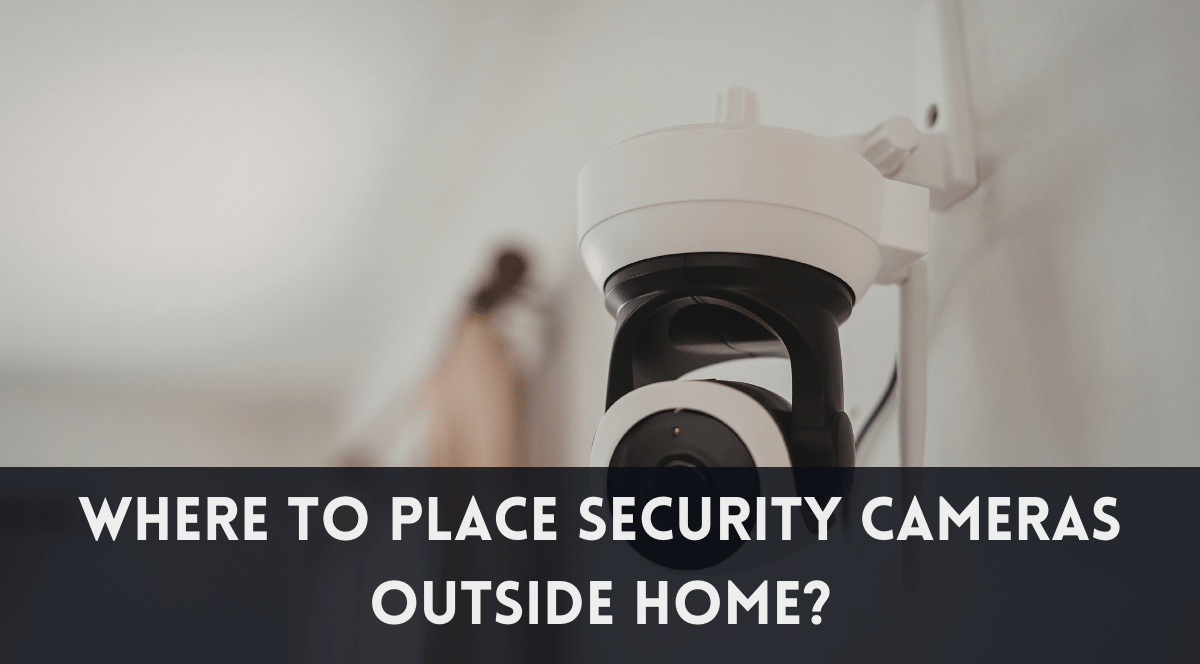
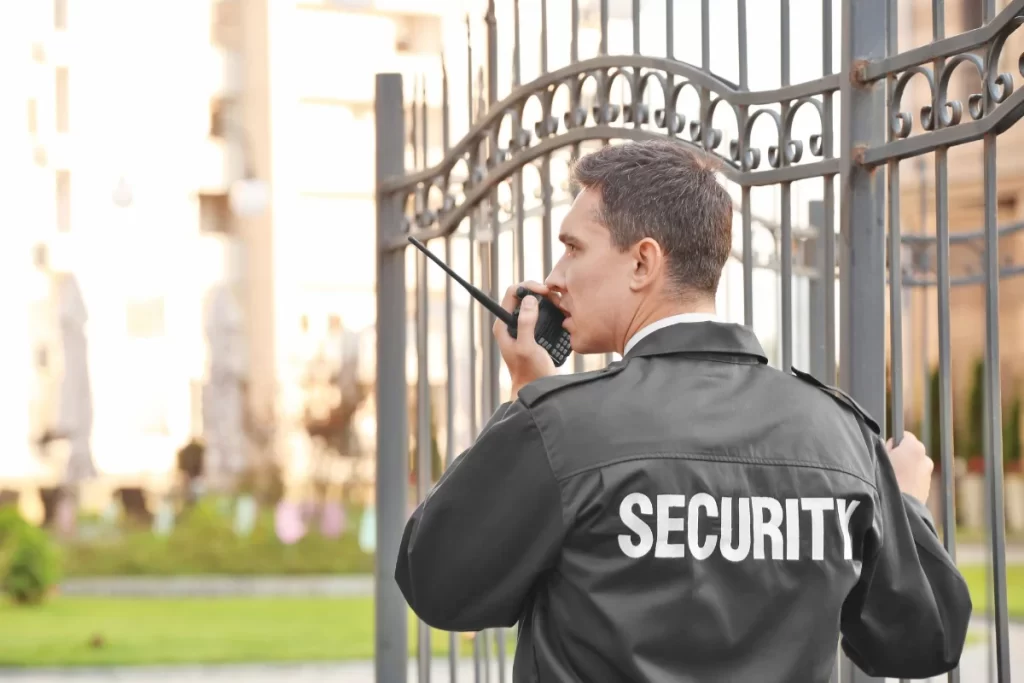
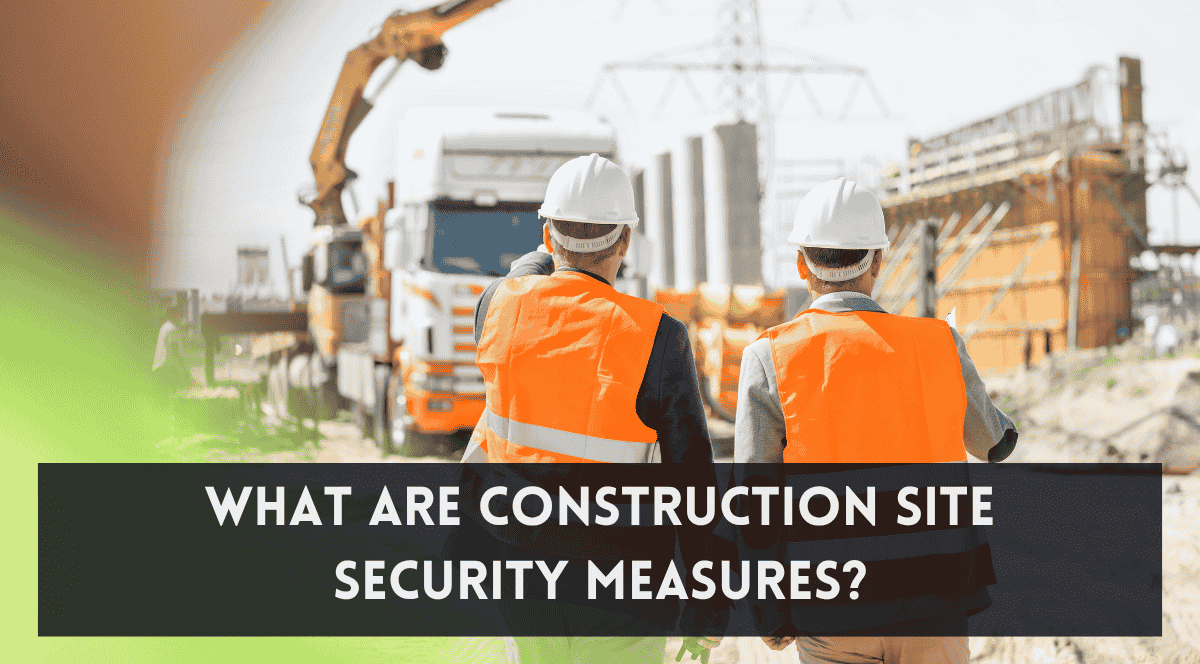 What Are Construction Site Security Measures? Washington & Nearby Cities
What Are Construction Site Security Measures? Washington & Nearby Cities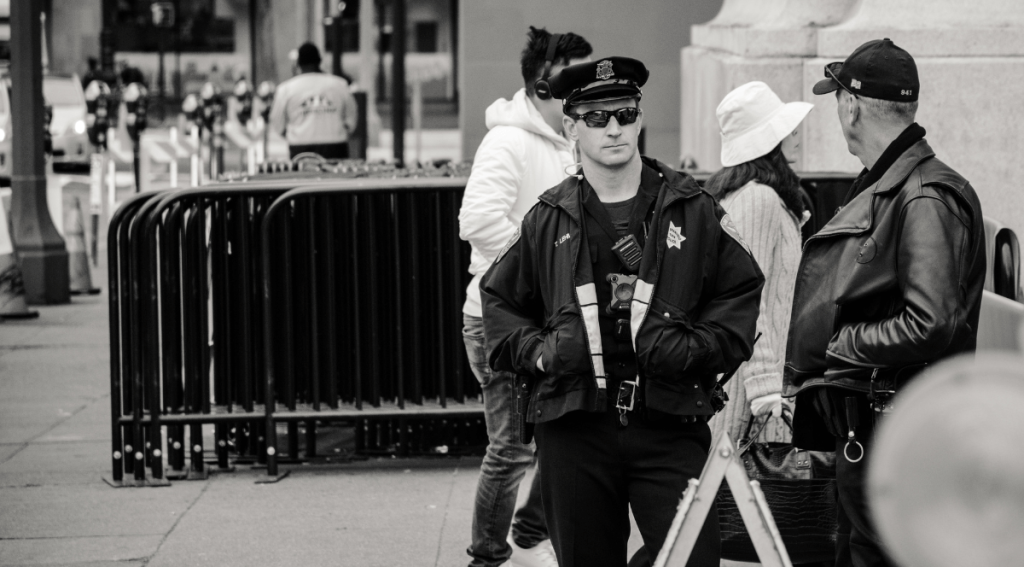
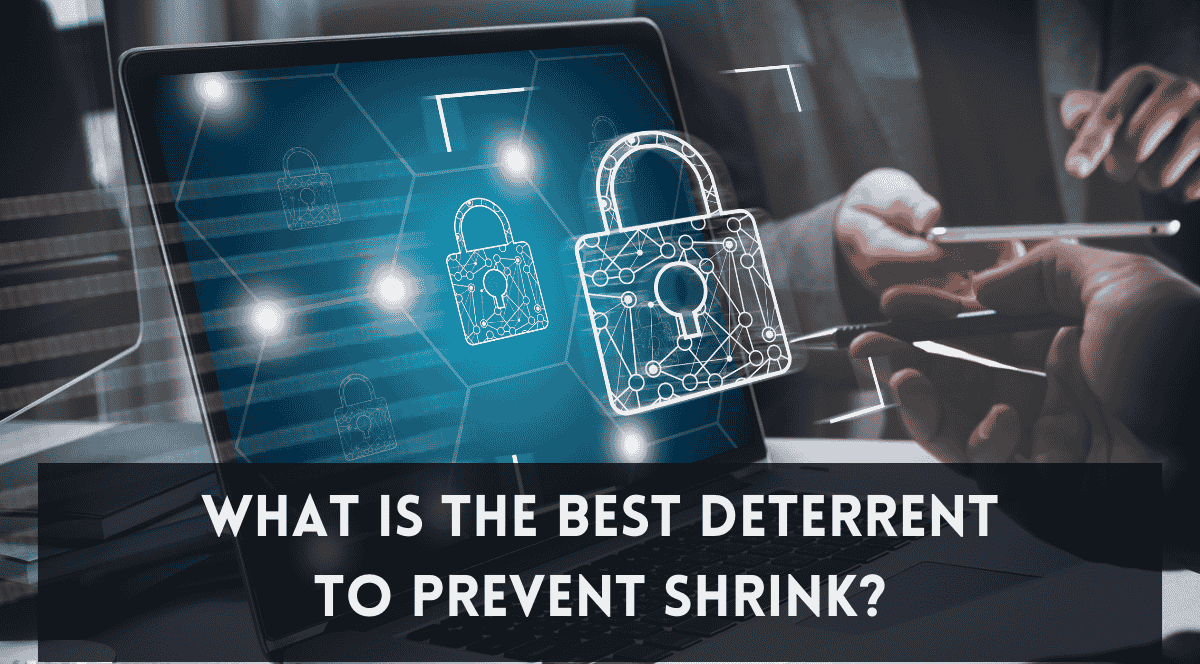
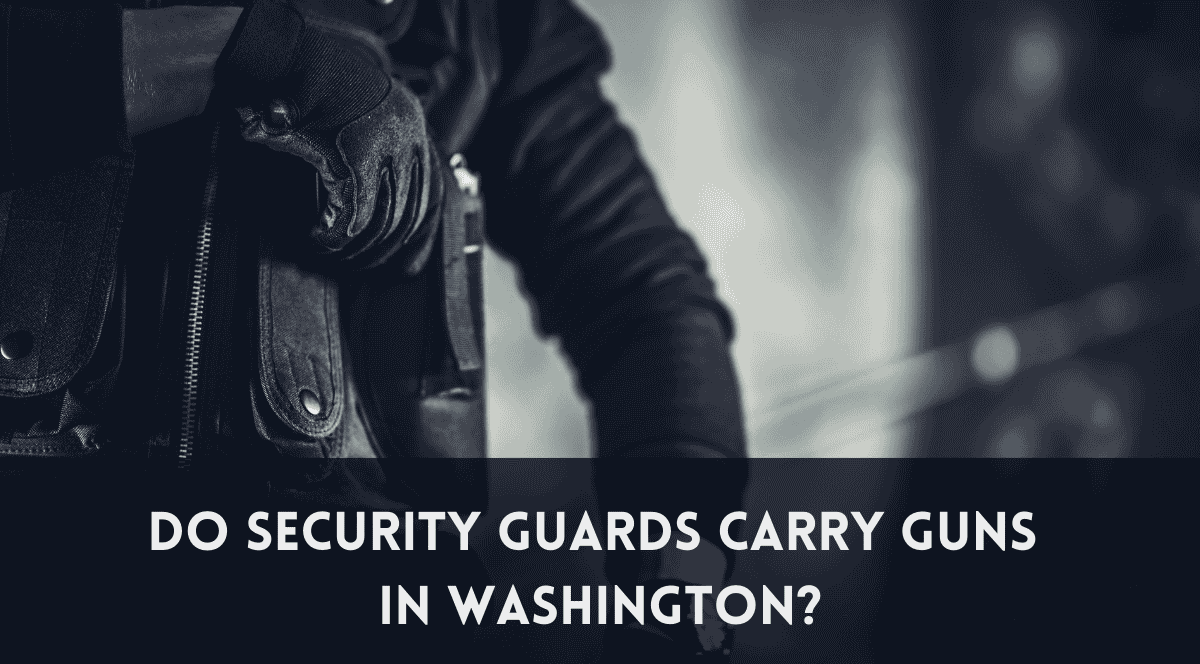
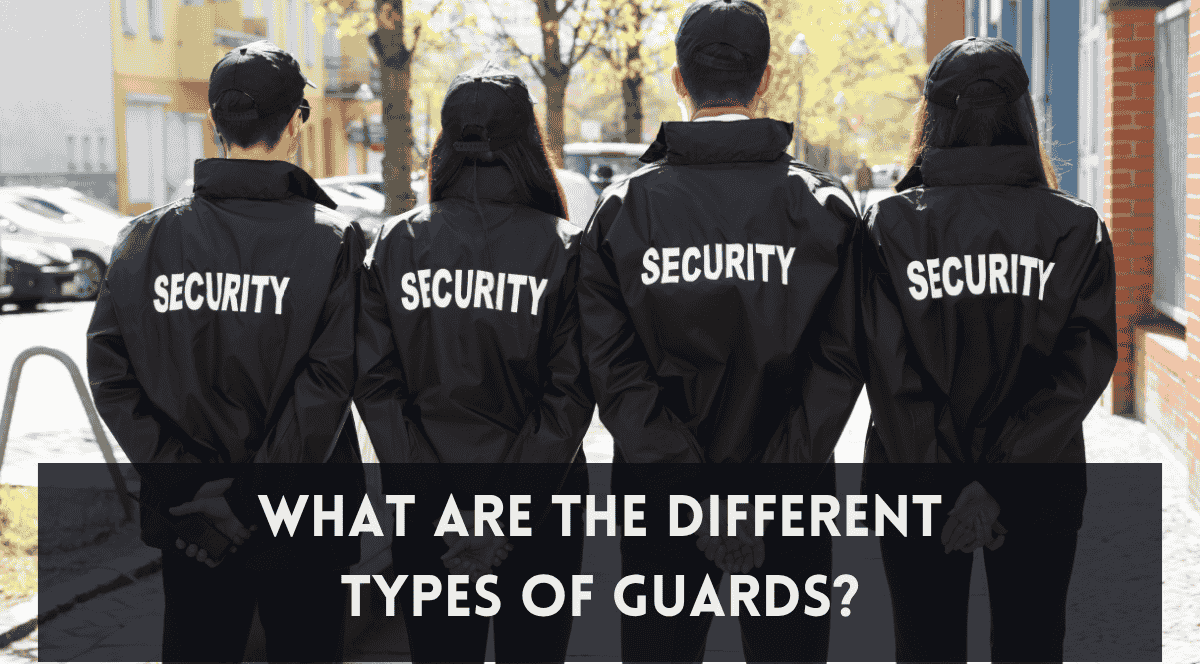 What Are the Different Types of Guards? 9 Main Types of Guards in the Security Industry
What Are the Different Types of Guards? 9 Main Types of Guards in the Security Industry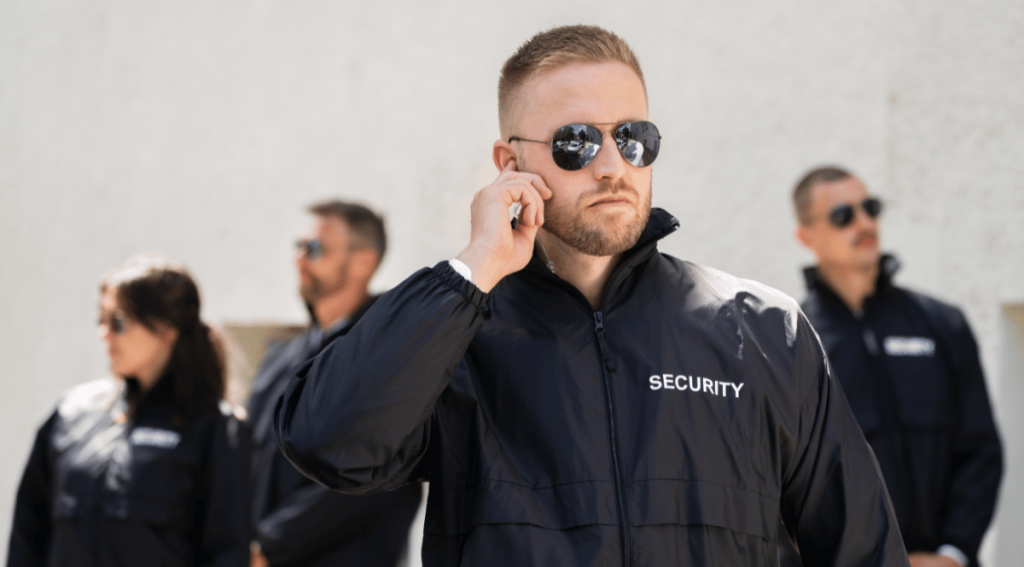
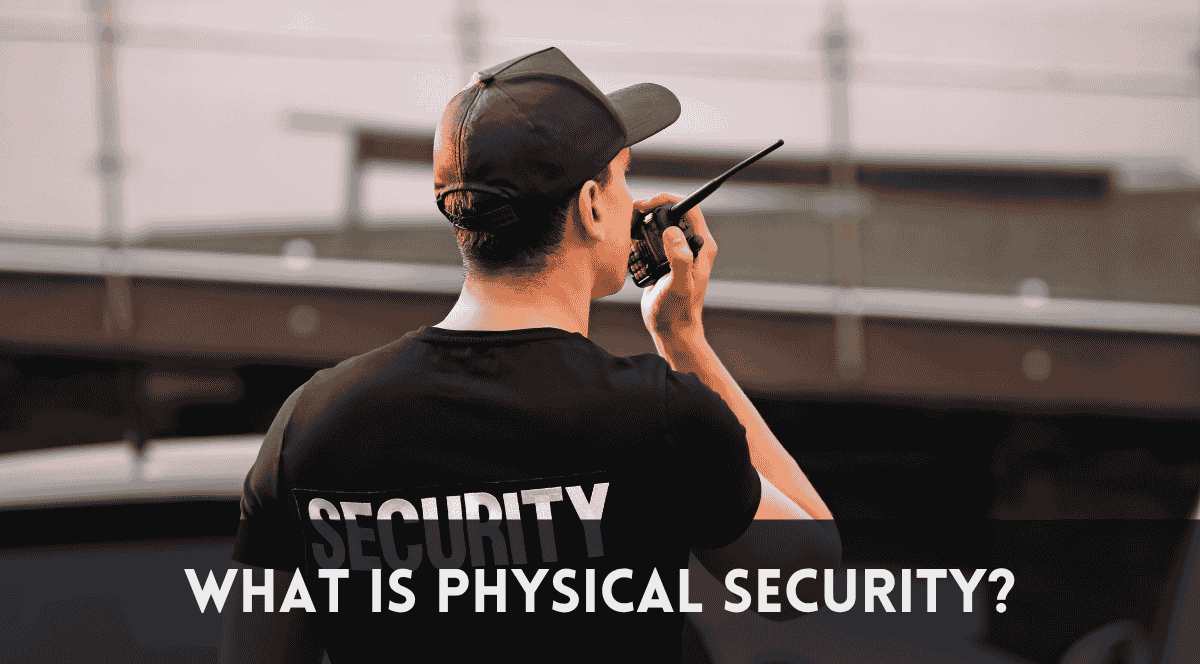 What is Physical Security? A Complete Guide for Washington Businesses and Facilities
What is Physical Security? A Complete Guide for Washington Businesses and Facilities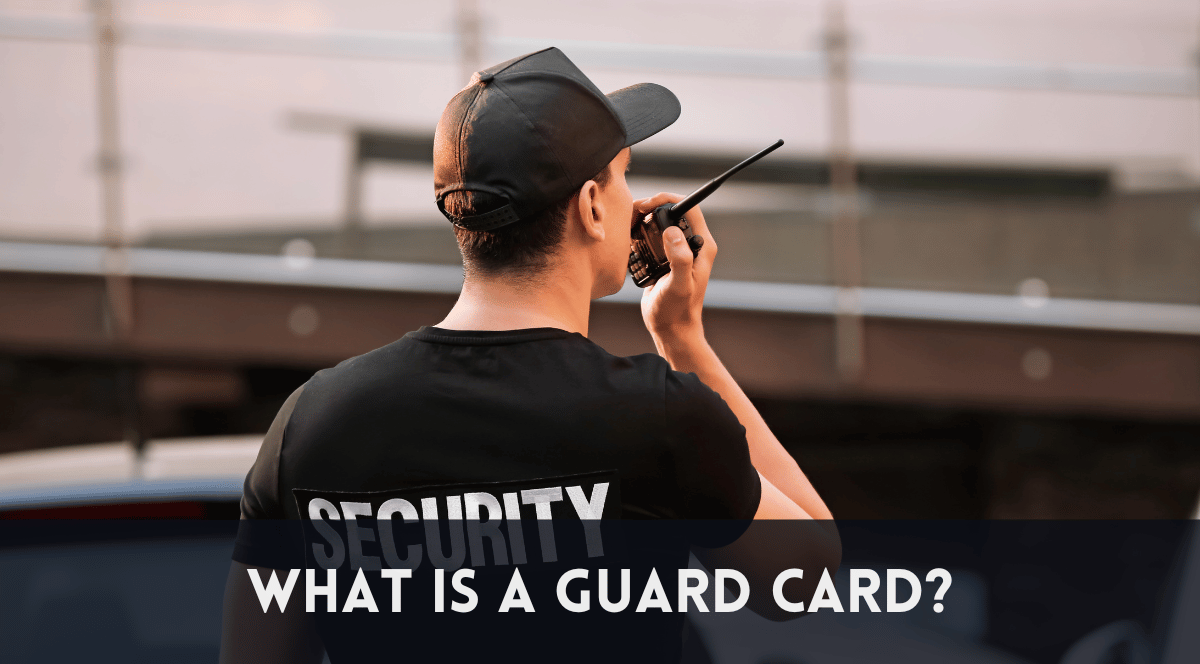 What Is a Guard Card? Facts Every Aspiring Security Officer Must Know
What Is a Guard Card? Facts Every Aspiring Security Officer Must Know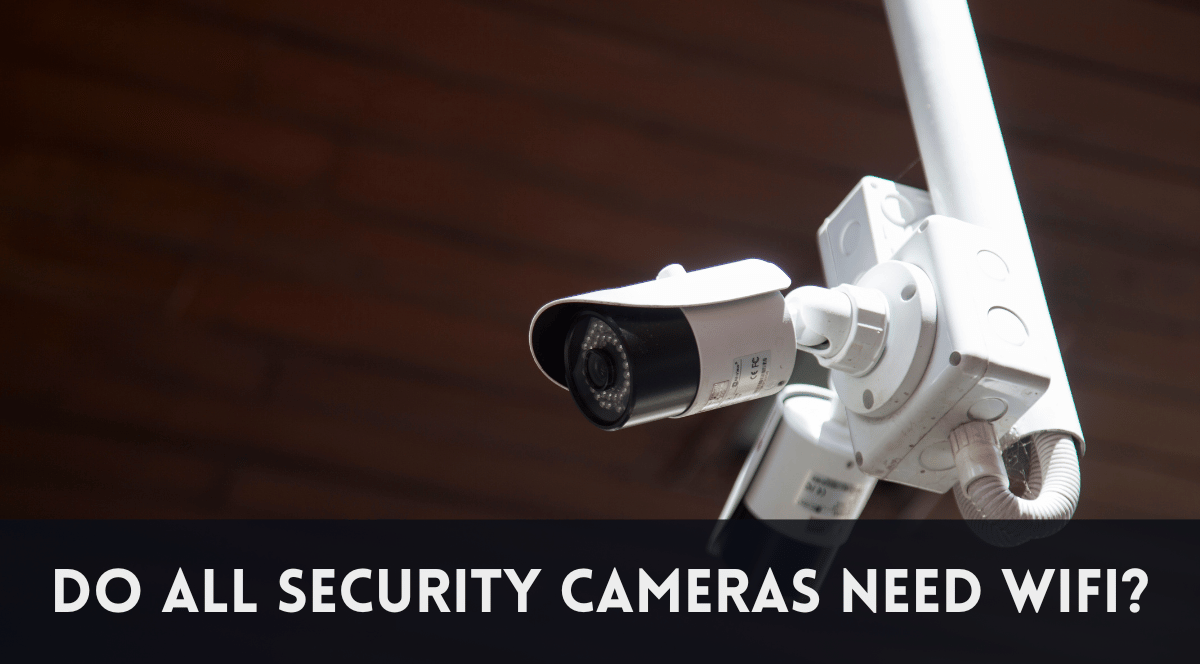 Do All Security Cameras Need WiFi?
Do All Security Cameras Need WiFi?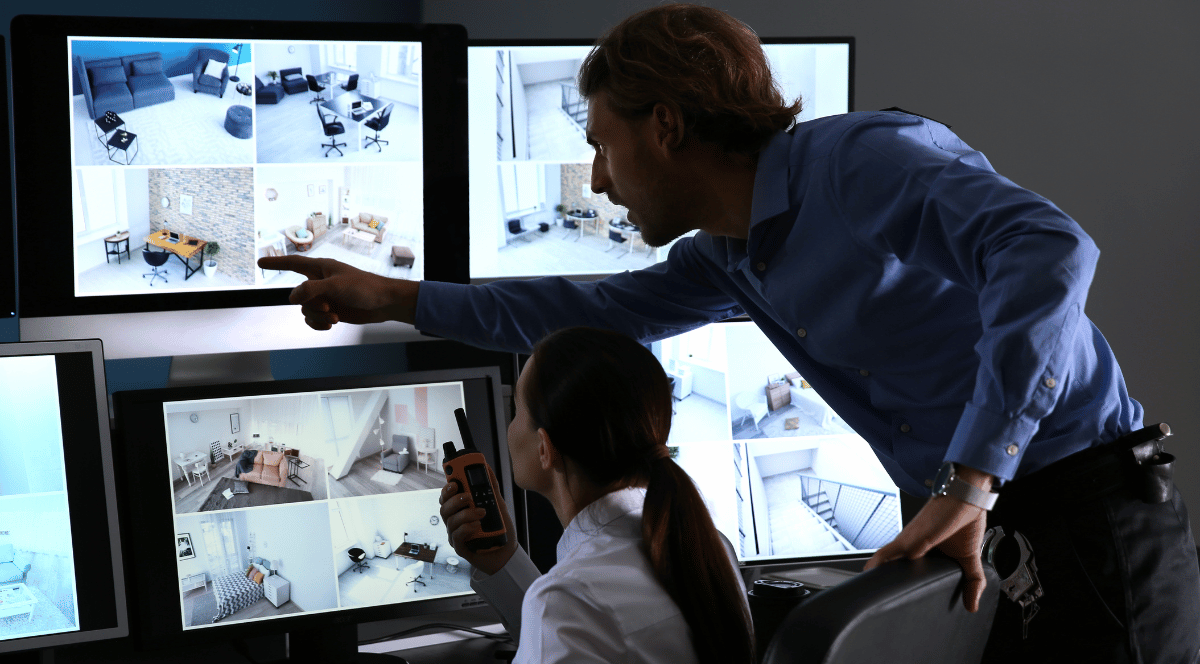 Why Oatridge Security Group is Your Go-To for WiFi and Non-WiFi Camera Solutions
Why Oatridge Security Group is Your Go-To for WiFi and Non-WiFi Camera Solutions
